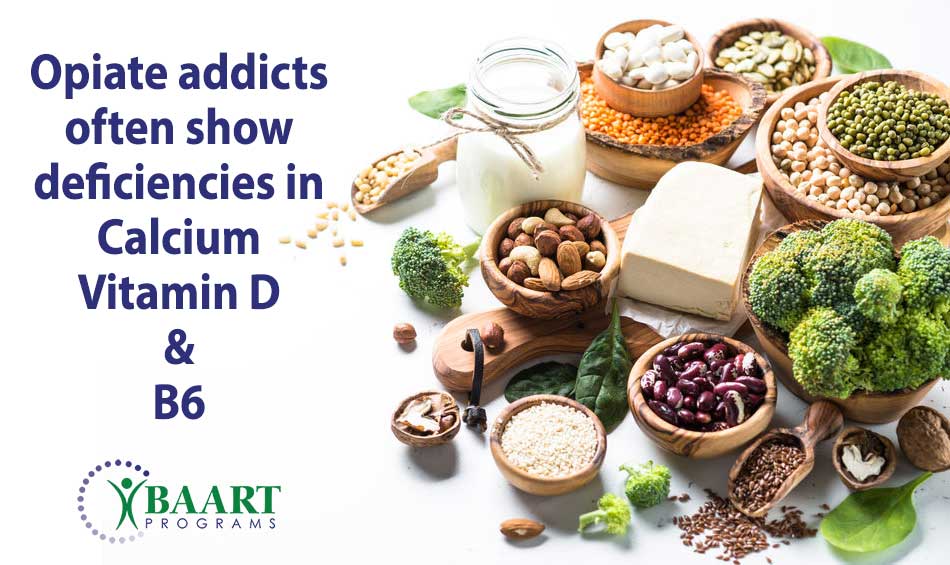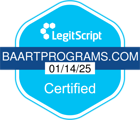Let’s face it. Eating healthy during recovery isn’t always the most fun thing in the world. It can be hard to pass up a gooey slice of pizza or a slice of birthday cake.
But as we all know, eating a well-balanced diet is incredibly important for good health. Food provides our bodies with the protein, energy, vitamins and minerals to function properly. A healthy lifestyle combined with good food choices can have many benefits, and eventually, becomes a way of life.
Why Eating Healthy During Recovery Is Important
If eating healthy is important in our everyday lives, eating healthy during recovery is even more important. By the time someone struggling with addiction seeks help, they may already be malnourished. This is mainly in part because addiction wreaks havoc on the body’s ability to absorb nutrients. The type of malnutrition can depend upon the substance being abused. Those who have an addiction to opioids, for example, often show deficiencies in calcium, vitamin D and B6. However, good nutrition education and physical activity are quite effective for substance abusers and their withdrawal from opiates.
Here are some tips to help get you started making the changes for eating healthy during recovery journey:
Start Small.
Don’t go in with a mindset that everything has to change over night. That only sets you up for failure. Start with small changes such as cutting out dessert or cutting out soda all together. Drinking water is essential in leading a healthy lifestyle which brings us to the next point…
Drink Water.
Your body needs regular hydration, so be sure to drink plenty of water. Women should aim for about 2.7 liters (91 ounces daily) of total water — from all beverages and foods (yep, foods have water too!) Men should average approximately 3.7 liters (125 ounces daily) of total water. Drinking water flushes out toxins and aids in overall digestion and healing. The benefits of drinking water are endless: Your kidneys will function better, you will have more energy, your skin will glow, and more.
Choose Foods Closest to Nature.
In other words, it’s better to eat fresh vegetables rather than processed foods. When able, try to eat an apple rather than drink apple juice or eat applesauce. Choose foods in their purest state, such as an orange. But avoid foods that are manipulated and processed beyond recognition, like diet orange juice drink. The less processed foods are, the more they contain natural elements that are good for your body. If you can’t pronounce an ingredient on the label, you probably shouldn’t eat the food.
Exercise
While recovering from an addiction, you are probably not going to be hitting the gym everyday and lifting weights. Your body has been through a lot and recovery takes time. Do your best to try and get some fresh air every day. A simple walk will help you clear your head and the endorphins may help with your withdrawal symptoms.
Keep a Daily Log
Tracking what you do every day will help you stay on track. Writing down every meal or snack you eat may help prevent you from sneaking in a soda or a cookie. It will also show you how much you have accomplished and will keep you motivated. Having proof of taking care of yourself is one way to boost your confidence and convince yourself that you can put anything you set your mind to. If the idea of carrying around a journal seems embarrassing or inconvenient, there are several apps out there to help you stay motivated and organized.
Opioids slow the way the body digests food and can also slow down metabolism as well. This means that the body isn’t able to efficiently process nutrients from food and reversing this process will take time. Health in recovery is individualized, as is recovery itself. Take the time to listen to your body and nourish it as much as possible to reverse the abuse caused by addiction. You can do it!
____________________________________________________________
1https://www.addiction.com/3446/nutrition-for-addicts/
2https://www.ncbi.nlm.nih.gov/pmc/articles/PMC4411899/
3https://www.mayoclinic.org/healthy-lifestyle/nutrition-and-healthy-eating/in-depth/water/art-20044256
4https://www.drugrehab.com/guides/nutrition/



